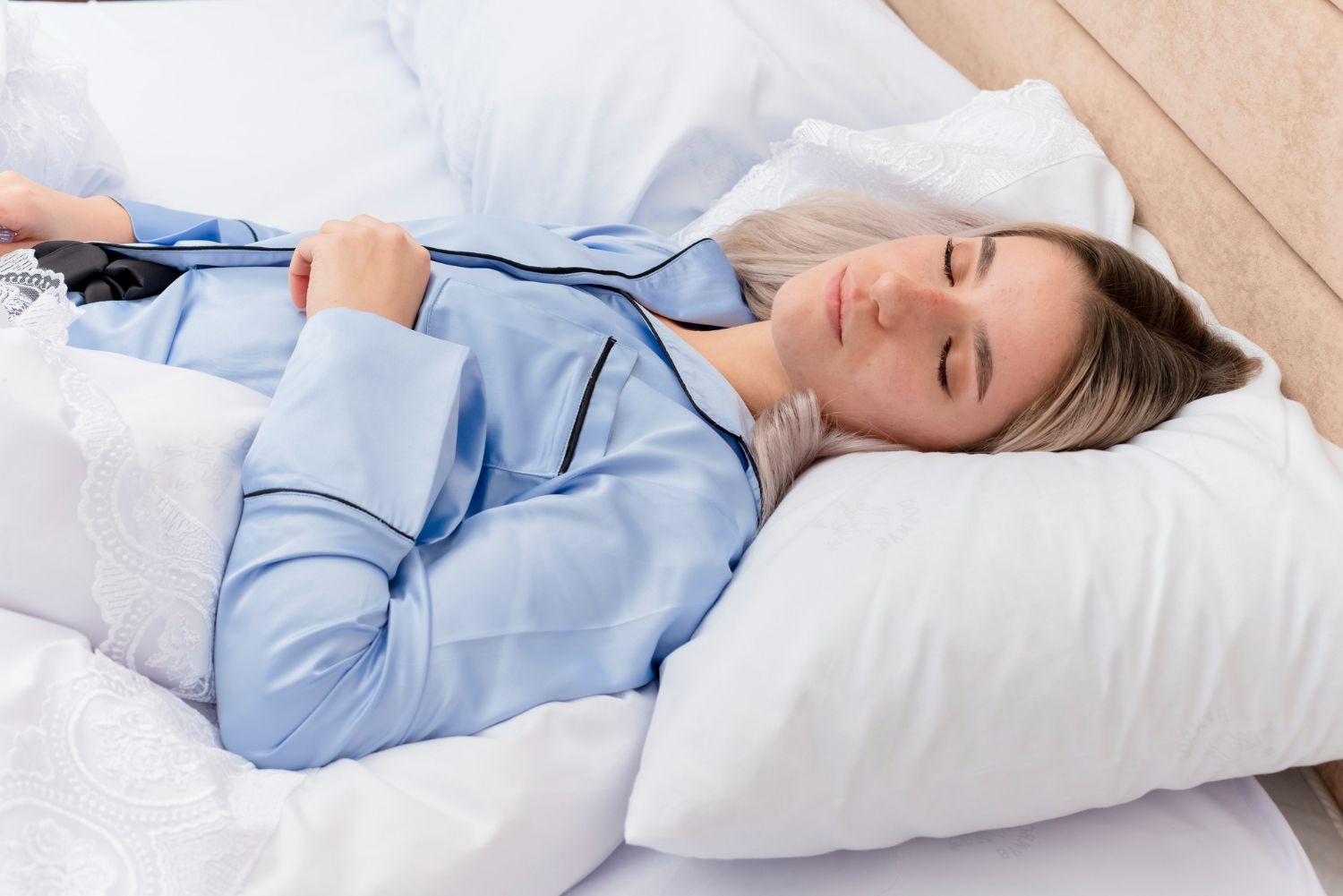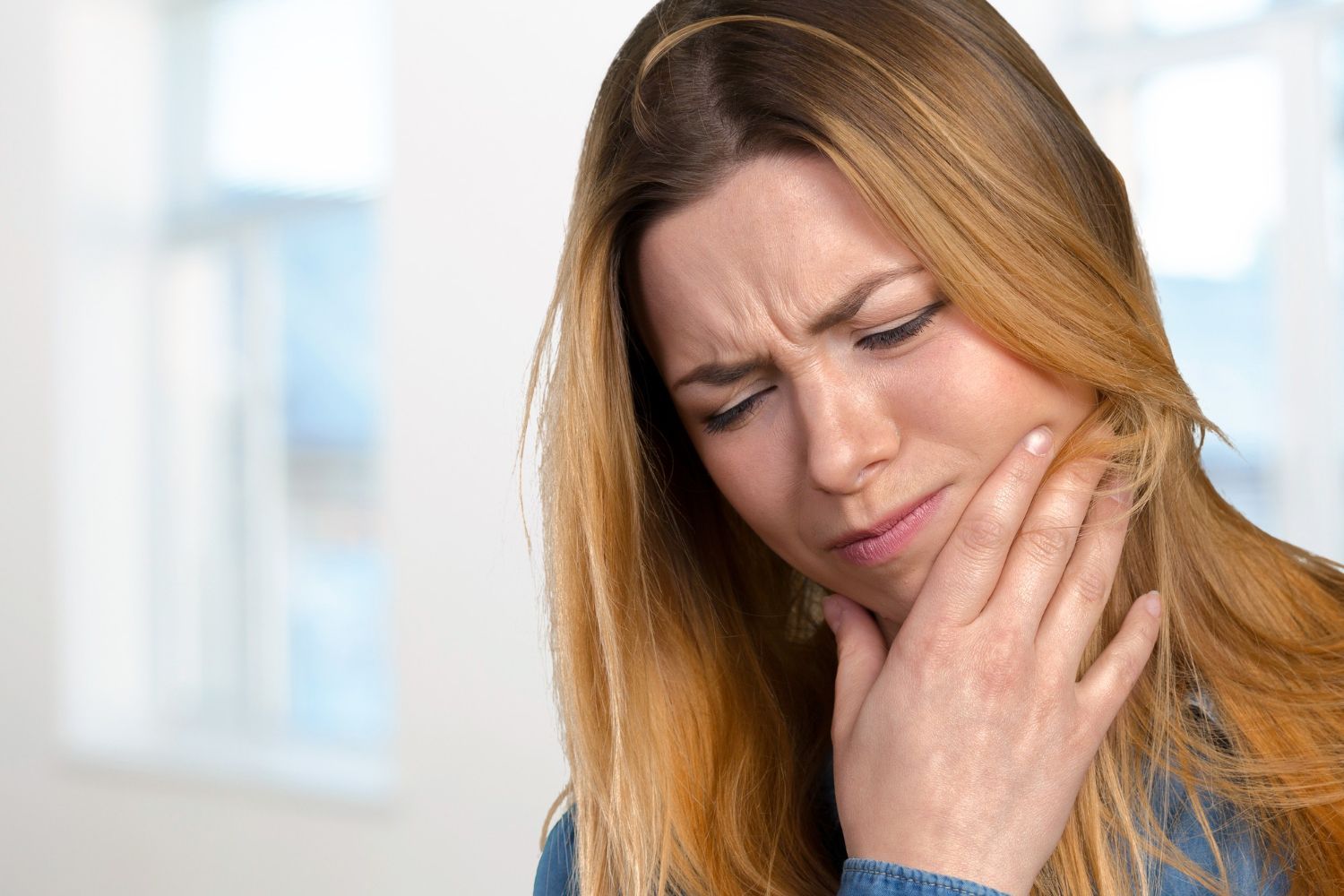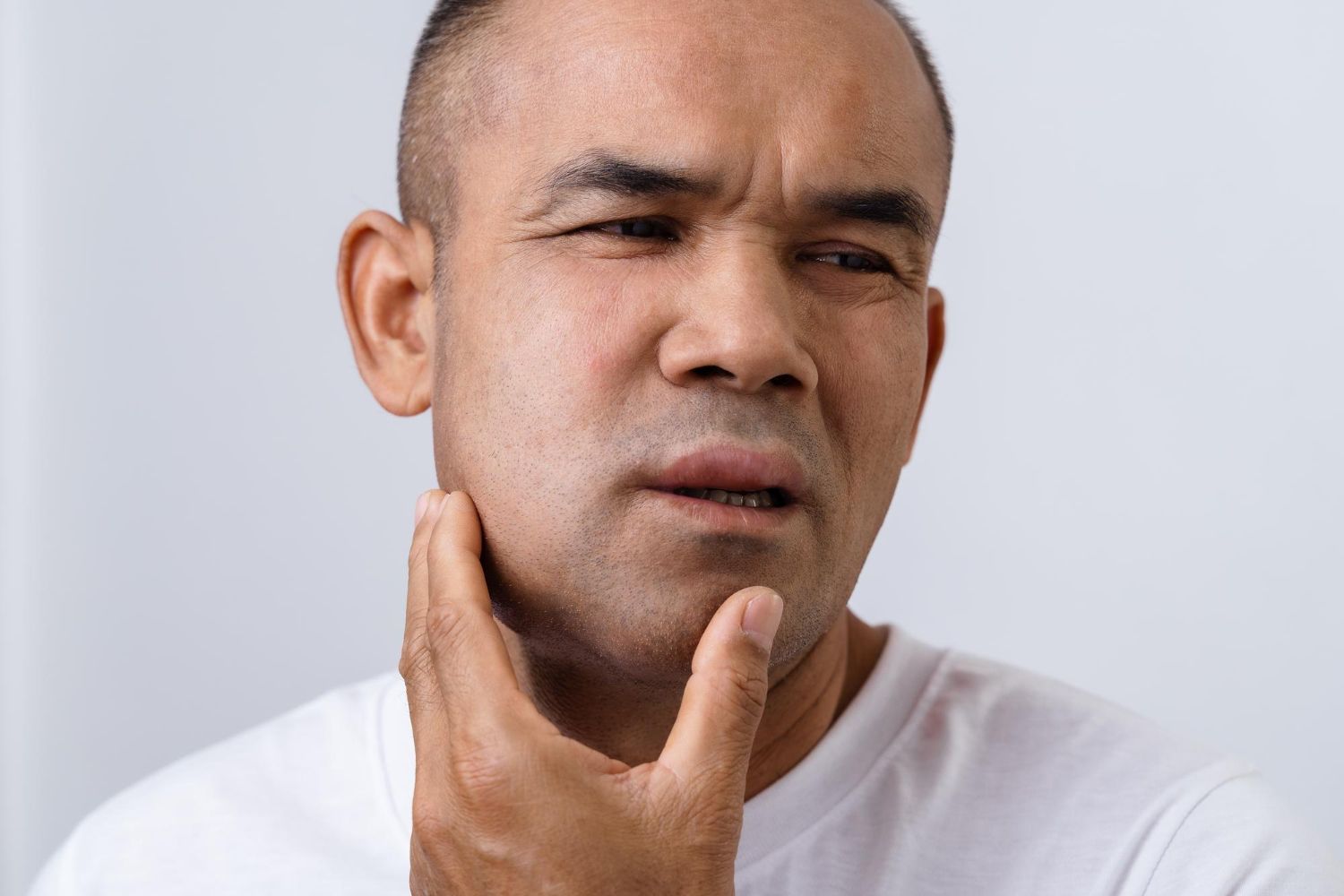Hidden Health Issues Associated with Sleep Apnea

Top Hidden Health Issues Associated with Sleep Apnea
You and your bed partner may experience a restless night due to snoring. But if it occurs as a result of your obstructive sleep apnea (OSA), it's a warning sign for something more serious you may be having sleep apnea problems. Between the ages of 30 and 70, 26% of Americans have OSA, and a large percentage of them are undiagnosed.
Additionally, OSA is more common in those who are African-American, Asian, or Hispanic.
Your chance of developing additional conditions, such as diabetes and high blood pressure, is increased by the disease. Even worse, it can increase your risk of accidents. However, daytime sleepiness can be reduced when sleep apnea is treated.
It is vital that you come into The Center for Sleep Apnea and TMJ Idaho if you suspect that you may have sleep apnea. At the meridian sleep apnea clinic, we offer sleep apnea treatment in Boise, Idaho. Sleep apnea can have detrimental effects on your health, so it’s important that you find solutions to sleep apnea.
What are sleep apnea's long-term effects? Untreated sleep apnea and the sleep deprivation it causes are linked to shocking and grave health concerns.
One of the impacts of sleep apnea of untreated sleep apnea is the development of the illnesses and other problems listed below:
Effects on the Cardiovascular System
Most medical practitioners know that a higher risk of cardiovascular dysfunction is associated with sleep apnea. Your heart ("cardio") and your circulatory system ("vascular") may both be impacted by sleep apnea.
What effects does sleep apnea have on the heart? Untreated sleep apnea has a number of long-term cardiovascular complications, including:
• Elevated blood pressure (hypertension)
• Abnormal heartbeat (arrhythmia)
• Heart fibrillation
• Chest pain
• Heart attack
Increased muscle sympathetic nerve activity (MSNA) raises blood pressure and increases the chance of dying from cardiovascular disease. This is a widely accepted argument for why sleep apnea is frequently associated with heart disease because MNSA is typically higher during sleep apnea.
Cardiac arrest You may potentially develop pulmonary hypertension or right-sided heart failure if you have OSA (RHF). This occurs when your right ventricle is unable to adequately pump blood to your lungs. Thus, as your blood volume increases, fluid is forced back into the tissues, resulting in swelling. Your feet, ankles, and leg swelling is one sign of right-sided heart failure.
Congestive heart failure may follow RHF.
Up to 40% of individuals with heart failure who exhibit indications of sleep apnea are sent for a sleep study.
The risk of heart attacks is higher in people with OSA.
Low oxygen levels could be the problem. Other conditions associated with the disease include strokes and, atrial fibrillation, a rapid, fluttering heartbeat.
As a result of the disruption to your body's oxygen intake caused by sleep apnea, your brain has a difficult time controlling the flow of blood to your arteries and the brain.
Stroke. OSA increases your risk of having an ischemic stroke because it can decrease blood flow to your brain. When a blood vessel in the brain is blocked, this occurs. Reduced blood flow to the brain and insufficient oxygenation of the body are two potential causes of this.
Because they occur very early in the morning, during REM sleep, people are up to 25% more likely to get these sorts of strokes while they are asleep.
Impacts on the Respiratory System
Your respiratory system may suffer if you have sleep apnea.
Because sleep apnea deprives your body of essential oxygen while you're asleep, symptoms of asthma and chronic obstructive pulmonary disease may get worse for apnea patients.
In surgical candidates, sleep apnea may "raise the risk of respiratory problems and acute respiratory distress syndrome."
It also is conceivable, while research in this area is still in its infancy, that those who have obstructive sleep apnea are more likely to get covid problems. Patients with OSA were more likely to be admitted to the hospital, transferred to the intensive care unit, put on a ventilator, and passed away from COVID-19, according to a study of studies including 54,276 patients.
OSA may exacerbate kidney damage, pneumonia, cytokine storm, and hypoxemia (low blood oxygen levels).
Nervous System Ramifications
The brain and spinal cord are components of your neurological system. It has been demonstrated that untreated sleep apnea affects the neurological system, which has been linked to cognitive impairment.
It has been demonstrated that different brainstem areas in sleep apnea sufferers have observable functional and structural alterations. A CPAP machine for six months completely reversed such brain alterations, according to one study.
According to a 2014 study that was written up in the journal Sleep, severe, untreated sleep apnea is related to impairments in:
Cognition
Fatigue during the day. Though the light is up, you are exhausted. That is a typical OSA symptom. Everything from your emotions to how clearly you think can suffer as a result. Treatment for sleep apnea in Idaho can increase your quality of sleep and make you feel less worn out during the day.
Loss of memory. Some older persons exhibit memory lapses or cognitive difficulties at a higher rate than people their own age. These mild cognitive impairment symptoms are described by medical professionals (MCI). Not everyone with MCI develops dementia, and the symptoms aren't as bad as those in that condition. According to research, "sleep-disordered breathing" conditions like obstructive sleep apnea can cause memory lapses from MCI to manifest more quickly. However, receiving OSA treatment may halt the worsening of memory problems.
Daily Attentiveness
mental fog You can have brain fog if you feel scattered, forgetful, sluggish to respond, and confused in your thoughts. These emotions are closely related to untreated sleep apnea. According to a 2011 study, 3 months of CPAP therapy for OSA can improve your memory, focus, and critical thinking.
Sleep apnea affects personality and may lead to depression. You may be more prone to depression if you don't get enough sleep. Additionally, depression may make it more likely that you get less sleep. Speak with your doctor if you have OSA and have been feeling depressed for some time. They can administer therapies to elevate your mood and enhance your sleep.
Impacts on the Endocrine System
Hormone levels are frequently changed in sleep apnea patients. The endocrine system controls hormone production. Neuroendocrine dysfunction might be reversed by treating sleep apnea.
Without any other known cause, people with sleep apnea have low amounts of growth hormone; this is one of the long-term effects of sleep apnea.
Sleep apnea can result from the endocrine condition hypothyroidism. However, sleep apnea itself has been linked to other endocrine diseases.
The risk of endocrine abnormalities such as polycystic ovary syndrome (PCOS) and hypogonadism increases in people with sleep apnea.
Effects on Oral Health
Your oral health may suffer from sleep apnea in the following ways:
• Dry mouth
• Cavities and tooth decay
• Periodontitis and gingivitis
• Crushing of the teeth (aka bruxism)
• Increased possibility of TMJ
A dry mouth is a common side effect of sleep apnea for obvious reasons. Additionally, dangerous bacteria that cause gum disease and tooth decay thrive in dry mouths.
Less clearly, sleep apnea can cause teeth grinding. Your brain needs to briefly wake you up when you stop breathing while you're asleep so that you can resume breathing. Your brain accomplishes this by clenching and unclenching its teeth. This wakes you up and helps you breathe again, but it is terrible for your teeth' health. Teeth grinding can harm your teeth and/or dental restorations in addition to causing jaw pain.
Additionally, if your dentist notices evidence of teeth grinding, this can be a precursor to sleep apnea and should cause you to book an appointment with a certified sleep expert for a sleep study. It is vital that you find a sleep apnea remedy as soon as you have been diagnosed.
Recovery from Sleep Apnea
The most popular sleep apnea treatments include:
• A day-and-night device (DNA)
• CPAP treatment (continuous positive airway pressure)
• Bi- or a-pnea treatment
• Oral sanitizers (such as MAD or TRD)
• Adenotonsillectomy (primarily for youngsters) (mainly for children)
• Using mouth tape (mainly for adults)
• Certain medicines
• Giving up smoking
• drinking no alcohol
• Losing weight through regular exercise and a nutritious diet
• Surgery
• While some of these therapy methods (like the DNA appliance) target the underlying problem, others may only focus on treating symptoms while you're undergoing treatment.
You should get a diagnosis and a treatment plan as soon as possible if you have sleep apnea.
At The Center for Sleep Apnea and TMJ Idaho, our doctor will first suggest holistic sleep apnea treatment. You can start trying to get rid of sleep apnea at home with a few lifestyle changes. These remedies for sleep apnea and snoring may include changing your sleep position or adjusting your diet. Or, if needed, CPAP or an oral appliance will be suggested. So come in for treatment for sleep apnea in Boise, Idaho.










